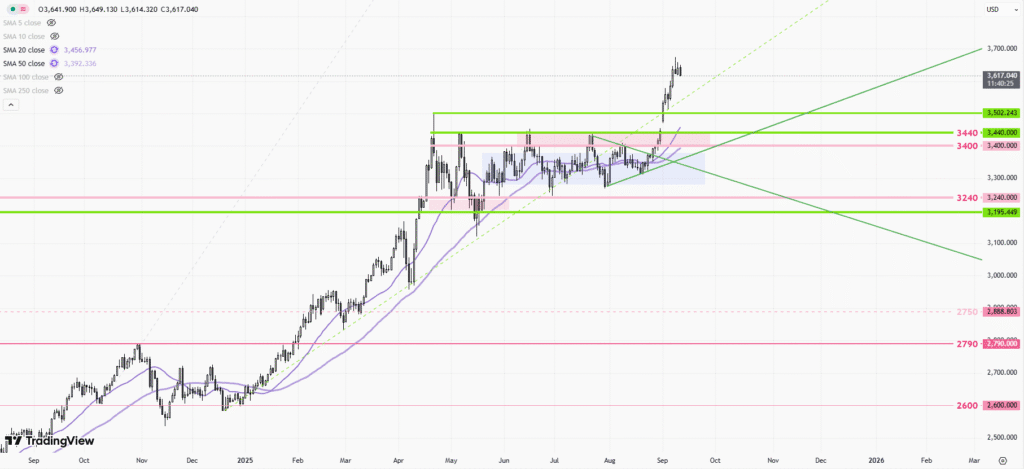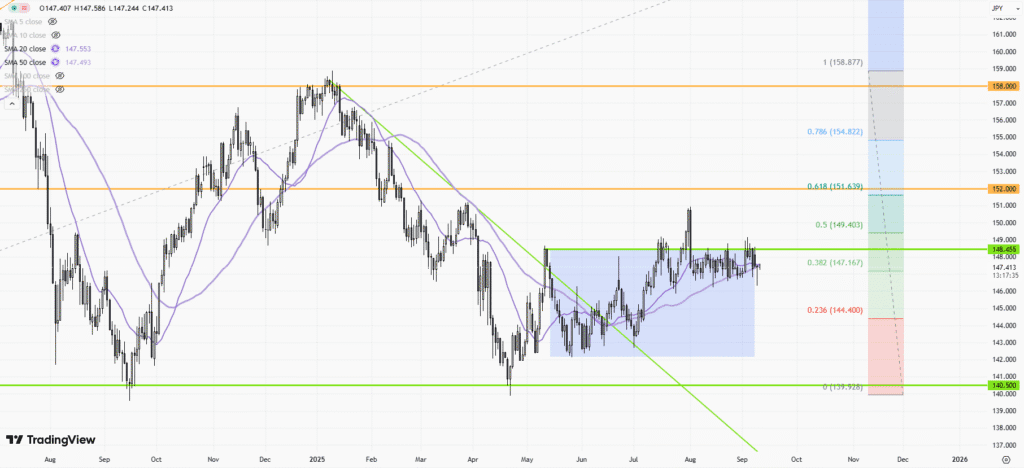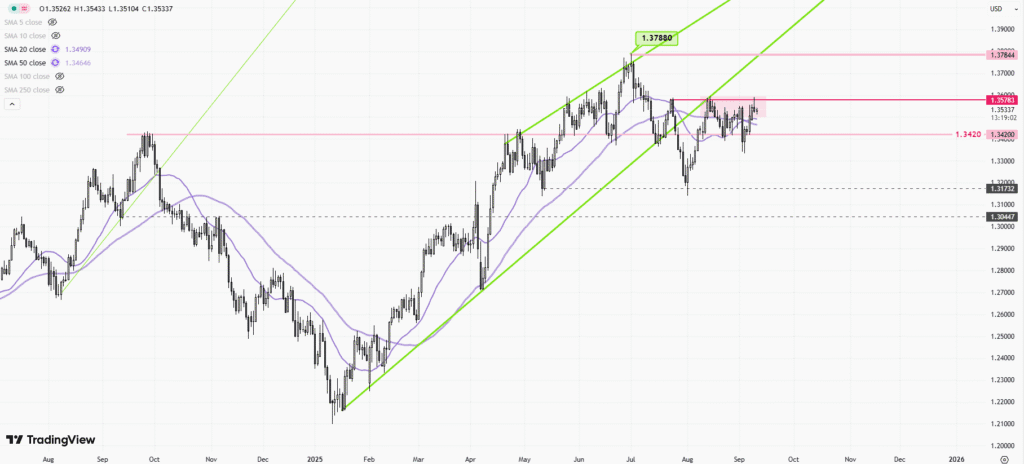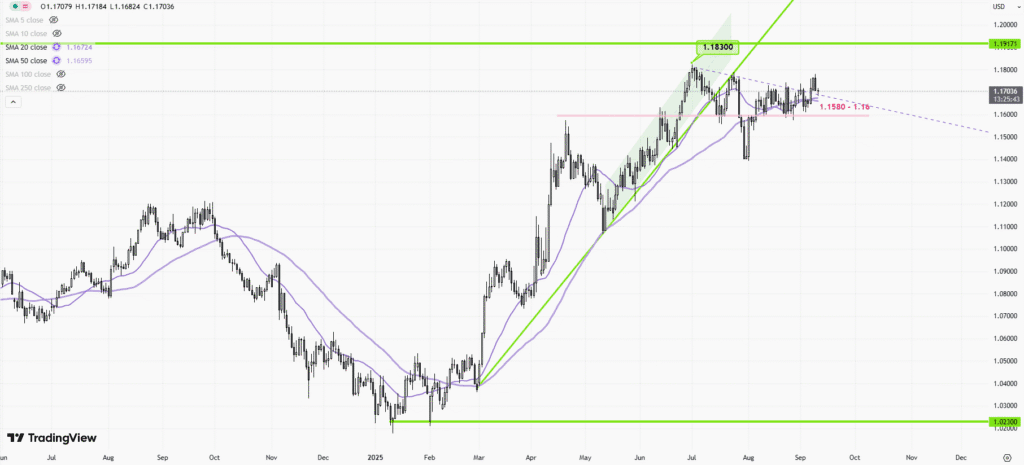 |
| Gold V.1.3.1 signal Telegram Channel (English) |

How U.S. Intervention Saved Argentina’s Economy Amid Milei’s Radical Reforms and Peso Crisis
2025-09-23 @ 22:01
Argentina’s financial markets recently experienced turbulence, with the peso plunging and investors on edge amid mounting doubts about the sustainability of President Javier Milei’s radical economic reforms. But a dramatic intervention from the United States—championed by President Donald Trump—triggered an immediate turnaround, offering both a lifeline for Milei and an illuminating case study in global economic politics.
Just days ago, Argentina seemed to be heading toward a familiar crisis. The peso hit new lows, stock values tumbled, and the country’s precious dollar reserves appeared dangerously thin. Investors were spooked after Milei’s political party suffered a defeat in Buenos Aires local elections, an event colored by a corruption scandal and casting a long shadow over the midterm legislative contests set for late October. The looming fear in financial circles was that Milei’s sweeping austerity measures, implemented since his December 2023 inauguration, might soon unravel.
Amid this climate, the United States stepped decisively onto the stage. U.S. Treasury Secretary Scott Bessent issued a public statement underscoring the U.S. commitment to Argentina, describing it as a “systemically important U.S. ally.” He announced that the Treasury was prepared to take substantial action to support Argentina, including the possibility of providing dollar liquidity or purchasing Argentine debt. These actions were to be further detailed during a high-profile meeting between Milei and Trump in New York, timed with the United Nations General Assembly.
Market reaction was swift and positive. Argentina’s financial indicators rebounded as confidence returned, with President Milei publicly expressing gratitude to both Secretary Bessent and Donald Trump for their intervention. For Milei, who had risen to power promising to wield a “chainsaw” against state spending and bureaucracy, this rescue presented an intriguing contrast: a populist libertarian benefiting from a state-brokered economic backstop.
Since taking office, Milei has transformed Argentina into a laboratory for hardline market reforms. He has followed through on pledges to slash public spending, cutting deep into budgets for education, research, infrastructure, and social assistance. These policies have shrunk the role of the state to levels unprecedented in Argentina’s recent history. While this economic shock therapy provoked public protests and polarized opinion, it also produced some early wins. Inflation, which soared to over 200% just two years ago, has dropped to about 30% on an annualized basis—a significant improvement, though still a daunting figure for households and businesses.
Yet the risks have remained acute, especially as external shocks or political instability can still unravel Argentina’s fragile recovery. That vulnerability was starkly evident when panic gripped markets after Milei’s party’s electoral loss and subsequent selloff of the peso. As Argentina burned through more than $1 billion in reserves in a single week, financial institutions and investors clamored for signals of reassurance.
The U.S. Treasury’s intervention offered that reassurance, restoring confidence by signaling that Washington’s support for Milei’s reforms was firm. Official options on the table included central bank swap lines, direct currency purchases, and buying Argentina’s U.S. dollar-denominated debt through the Treasury’s Exchange Stabilisation Fund. Notably, these support measures were seen as short-term solutions to shore up market confidence and prevent a slide toward another full-blown crisis.
International observers, including the head of the International Monetary Fund, welcomed the U.S. move, highlighting the importance of synchronized international efforts to promote economic stability. Meanwhile, speculation swirled in Argentine media about the size and scope of potential aid. While early rumors inflated possible support to $30 billion or more, Argentine officials have since clarified that actual discussions involve a much lower figure, though exact amounts have not been disclosed.
Underlying this episode are larger questions about the future of economic policy in Argentina and the shifting dynamics of global financial alliances. Milei’s dramatic brand of libertarianism—complete with symbolic gestures like wielding a chainsaw at his inauguration—has delivered a sharp break from decades of Peronist and interventionist rule. But as recent events show, even the most doctrinaire free-market reformers may ultimately rely on powerful allies and pragmatic solutions in times of crisis.
The near-term effect of the U.S. intervention is clear: Argentina, for now, has avoided the worst consequences of a financial rout. Yet the experience serves as a reminder that in today’s interconnected global economy, ideology alone seldom determines outcomes. Political alliances, credible commitments, and the willingness to adapt remain just as critical to a nation’s financial future. For President Milei, the partnership with Trump and the U.S. Treasury has—at least temporarily—secured the breathing room needed to pursue his ambitious agenda. Whether this alliance can deliver lasting stability in Argentina remains the question to watch.








